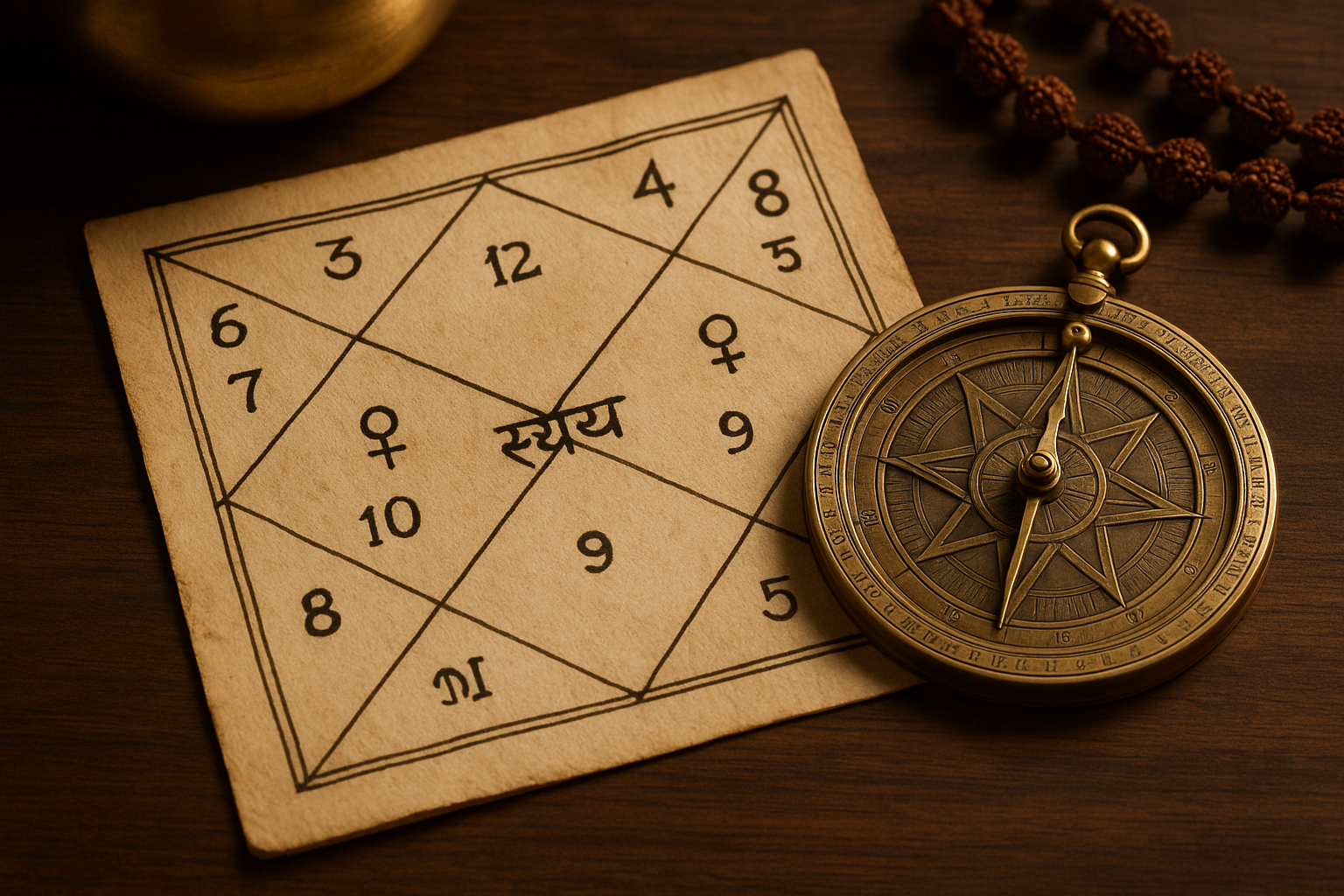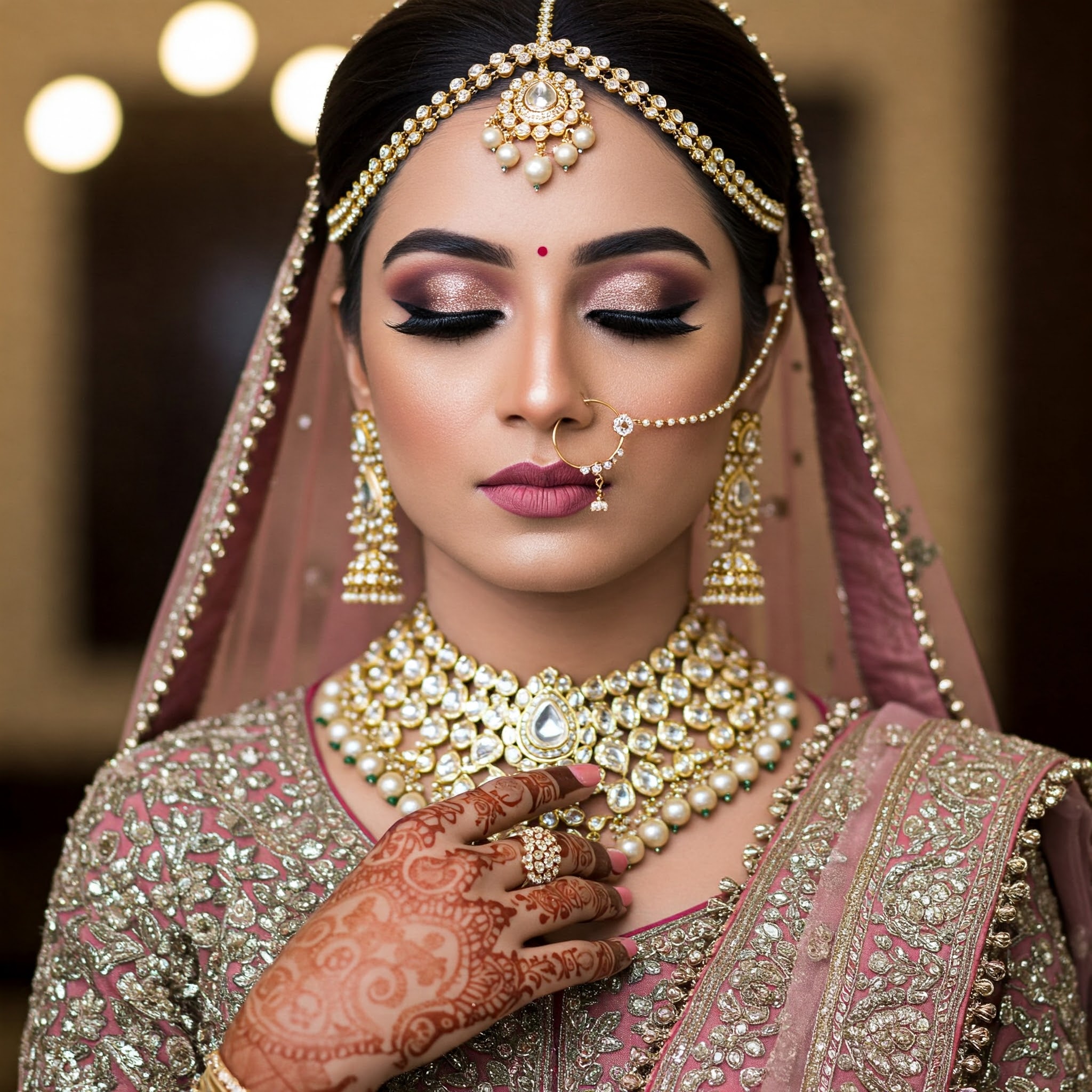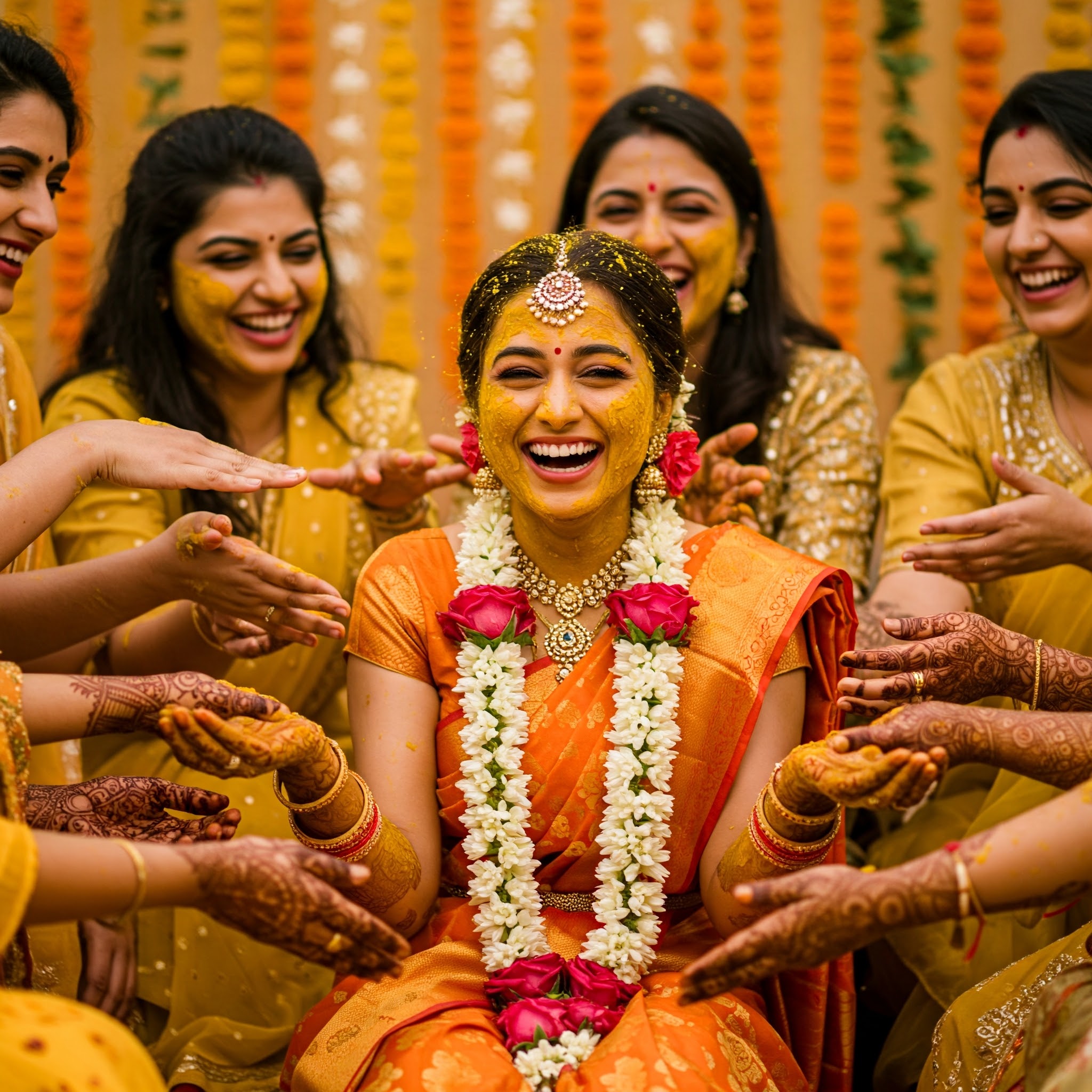
The Role of Horoscope Matching in Indian Matrimony Portals
25-Jun-2025 digi shaadi
Introduction: Where Destiny Meets Digital
In a country as diverse and culturally rooted as India, the practice of horoscope matching—also known as kundli matching—continues to hold deep significance in the matrimonial journey. Even as dating apps and online portals reshape how Indians find life partners, many families still turn to astrology to validate compatibility. But here's the interesting shift: kundli matching has now gone digital too.
Today’s leading matrimony portals in India have seamlessly integrated astrology-based features, offering online kundli matching tools, compatibility scores, and even live consultations with astrologers. The combination of tradition and technology is reshaping how Indians approach marriage.
In this article, we’ll explore:
The cultural roots of horoscope matching
-
How online platforms are adapting astrology for the digital age
-
Its relevance in modern matrimony
-
What users should look for in astrology-integrated portals
-
And how to balance tradition with personal choice
We’ll also connect with insights from our cluster blogs like Matrimony Portal India, How to Choose the Right Matrimony Portal in India, and others.
The Cultural Importance of Horoscope Matching in Indian Marriages
Before delving into its online application, it’s vital to understand why kundli matching is important in the first place.
In Hindu culture, astrology is used to assess Guna Milan, or the compatibility of two individuals based on planetary positions at the time of their birth. There are typically 8 key aspects (gunas) evaluated, including:
Varna (spiritual compatibility)
Vashya (mutual attraction)
Tara (birth star compatibility)
Yoni (sexual compatibility)
Graha Maitri (mental compatibility)
Gana (temperament)
Bhakoot (love and understanding)
Nadi (health and genes)
A total score of 36 is possible, and a match of 18 or above is generally considered acceptable.
For many families, this isn’t just tradition—it’s a crucial pre-marital filter.
From Priests to Portals: How Horoscope Matching Went Digital
With the surge of matrimony websites in India, kundli matching has taken on a tech-savvy avatar.
Here's how it works:
Users input birth details like time, date, and place
The platform generates individual kundlis
It automatically calculates guna milan scores
Some offer customized matchmaking filters like “Match only if Bhakoot dosha is absent” or “Exclude Nadi dosha matches.”
Portals like DigiShaadi have gone further, integrating:
Live astrologer consultations
Daily planetary advice for matches
Remedial suggestions for doshas
This tech-enabled transition means that what once took days via a local priest can now be done in seconds.
Refer to our blog on Benefits of Using Online Matrimony Portals Over Traditional Matchmaking for more on how digital platforms are outperforming age-old processes.
Why Modern Indians Still Prefer Kundli Matching—Even on Apps
Even among millennials and Gen Z users, kundli matching hasn’t lost relevance. Here's why:
1. Family Influence
In India, marriage is still often a family decision. Parents and elders value horoscope matching, especially in arranged setups.
2. Cultural Belief
Astrology is woven into daily life—right from naming ceremonies to choosing wedding dates. For many, it offers a sense of cosmic approval.
3. Risk Aversion
With rising divorce rates, people turn to kundli matching as a way to minimise future conflicts or incompatibility.
How Leading Matrimony Portals Integrate Horoscope Matching
Online matchmaking portals are no longer just listing profiles—they’re offering end-to-end kundli matchmaking experiences. Here's how:
A. Auto-Kundli Generation
When you sign up and enter birth details, your horoscope is generated instantly. Some sites also show your zodiac, doshas, lucky directions, and more.
B. Astrology-Based Compatibility Filters
Users can apply filters like:
“Only Manglik matches”
-
“No Nadi dosha”
-
“Score above 24 gunas”
This precision filtering was not possible in traditional setups.
C. Vedic vs Western Astrology
While most portals stick to Vedic astrology, some offer additional compatibility through Western sun-sign matching, giving modern users more choice.
D. Integration with Profile Search
You don’t have to match kundlis separately. Many portals now include Guna scores in profile previews, making the decision smoother.
Learn more about matchmaking personalisation from Top Trends in Indian Matrimony Portals in 2025, which highlights how AI and astrology are converging.
Kundli Matchmaking Sites: What to Look For
If you’re looking for a trustworthy kundli matchmaking site, consider the following:
Accuracy of Astrological Engine
Does it use authentic Vedic algorithms? Are the Guna scores credible?
Customization
Can you filter based on dosha types, guna cut-offs, or horoscope-based suggestions?
Expert Support
Does the site allow you to connect with a live astrologer for clarification or remedies?
Integration with Profile Matching
Do you get Kundli compatibility insights alongside profile details, or do you need to check separately?
Data Privacy Note: Most reputed portals like DigiShaadi keep all birth details fully confidential and encrypted, ensuring your personal and astrological information is never shared without your consent.
Explore more tips in How to Choose the Right Matrimony Portal in India.
Is Horoscope Matching Still Relevant in Modern Relationships?
Yes, it offers cultural reassurance
For families who believe in astrology, it offers peace of mind and a feeling of spiritual alignment.
Yes, it helps filter risks
Some doshas, like Mangal dosha or Nadi dosha, are believed to cause marital strife. Avoiding these through astrology may bring emotional security.
No, it doesn’t predict relationship dynamics fully
Astrology cannot replace real-life compatibility—values, communication, emotional intelligence, and respect matter far more in the long run.
No, it may cause unnecessary bias
Many users might overlook potentially great matches just because of a mismatched horoscope.
Conclusion? Use kundli matching as a guide—not a rulebook.
Urban vs Rural Beliefs in Horoscope Matching
In urban areas, users often prioritise career, personality, and lifestyle. Horoscope becomes a secondary check. Some even skip it altogether.
In rural and semi-urban India, kundli matching is often non-negotiable. It's the first filter families use.
Explore more regional insights in our blog on Urban vs Rural Usage of Matrimony Portals in India.
Balancing Astrology with Compatibility: A Practical Approach
To make an informed and balanced choice in today’s digital age:
Start with the basics: Shortlist profiles based on values, goals, and interests.
Use kundli matching as a supplementary check, not an absolute filter.
Discuss any doshas openly—modern remedies exist for most doshas if the couple is emotionally compatible.
Involve families, but define boundaries—respect tradition without losing your voice.
Trust your connection, not just the stars.
Explore more in our guide on How to Create a Winning Matrimony Profile on Indian Portals.
Final Thoughts: Tradition Meets Technology—Wisely
Horoscope matching is a timeless part of Indian matchmaking. But thanks to tech-driven platforms, it’s no longer confined to temple priests and family astrologers.
Today’s kundli matchmaking sites offer precise, instant, and customizable astrology features that serve both traditional believers and modern skeptics.
When used wisely, astrology can support your journey without dominating it.
So whether you swear by the stars or view them as symbolic, modern matrimony portals give you the best of both worlds logic and lineage, soul and science.




